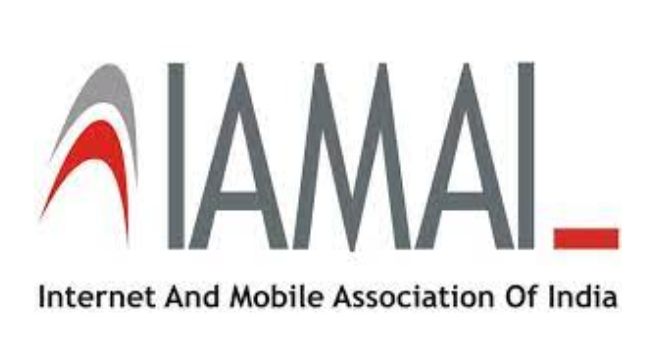The Internet and Mobile Association of India (IAMAI) on Friday said that creating room for licensing provisions applicable to over-the-top (OTT) service providers presents an existential threat to India’s startup ecosystem by creating “herculean barriers to entry”.
Slamming the ill-conceived recommendations on the Draft Telecom Bill, the industry body said that not only would this mean that aspiring Indian startups will risk massive compliance costs in their infancy but would also mean that foreign investors bullish on Indian startups “may experience a chilling effect owing to the drastic policy uncertainty”, an IANS report from New Delhi stated.
Saying it was appalled at the regression and denigration of the discussion around regulating the digital economy, the IAMAI said that certain policy experts continue to propagate fantasies about equitable contributions from stakeholders within the OTT layer, “which would only seem to strengthen the gatekeeping abilities of the owners of the infrastructural layer on which OTT services operate”.
“These changes would only establish additional sources of revenues for well-established sectors, while leaving the startup ecosystem vulnerable to compliance costs even when they may be pre revenue,” the industry body stressed.
According to the data by the Ministry of Electronics and Information Technology (Meity), India’s digital economy has grown tremendously over the past decade, generating over $200 billion of economic value each year.
“Despite this astronomical growth that has allowed India to leapfrog into becoming a global start-up hub, the recently concluded consultation on the Draft Telecom Bill betrays either a wilful misinterpretation or a fundamental lack of understanding of how the digital economy works,” said the IAMAI.
The IAMAI, in its letter to the Department of Communication (DoT), has expressed grave concern about the impact of these changes on India’s startup ecosystem and the digital economy.
The industry body has recommended that the scope of telecommunication services be reviewed and be limited to only services which distribute spectrum in a utilisable form.
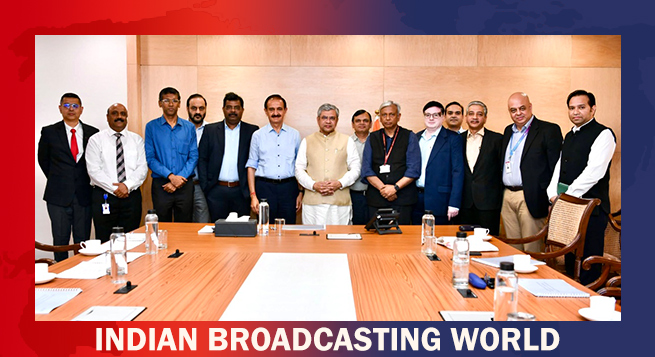 AIDCF team discusses industry issues with Vaishnaw
AIDCF team discusses industry issues with Vaishnaw 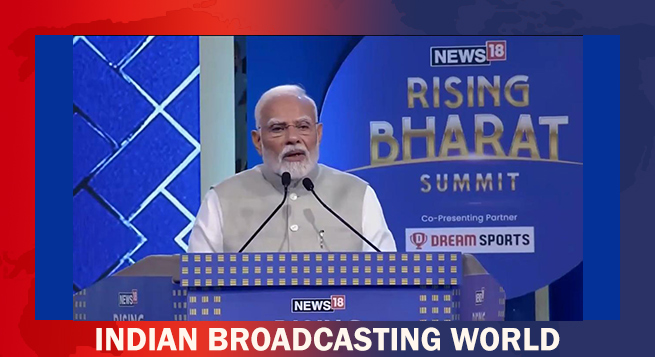 PM Modi: WAVES will empower Indian content creators go global
PM Modi: WAVES will empower Indian content creators go global 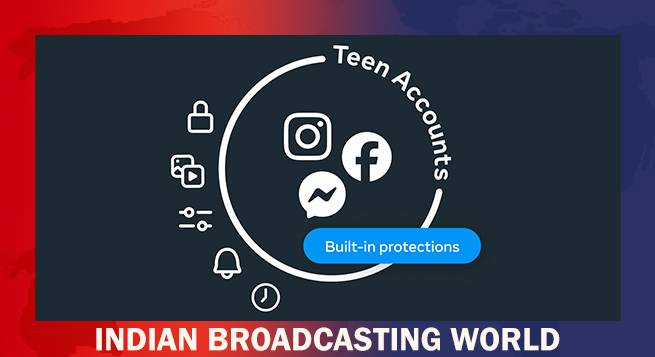 Meta rolls out ‘Teen Accounts’ feature to FB, Messenger
Meta rolls out ‘Teen Accounts’ feature to FB, Messenger 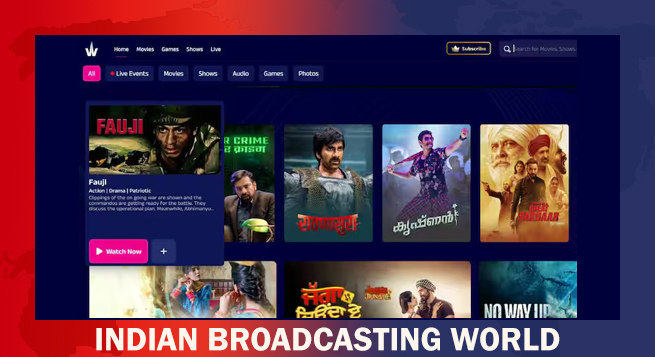 Govt. says pvt. sector TV channels can ride pubcaster’s WAVES
Govt. says pvt. sector TV channels can ride pubcaster’s WAVES  China curbs Hollywood films’ imports in US tariff war
China curbs Hollywood films’ imports in US tariff war  ‘Chhaava’ set to stream on Netflix from today
‘Chhaava’ set to stream on Netflix from today  ‘Bhool Chuk Maaf’ trailer released
‘Bhool Chuk Maaf’ trailer released 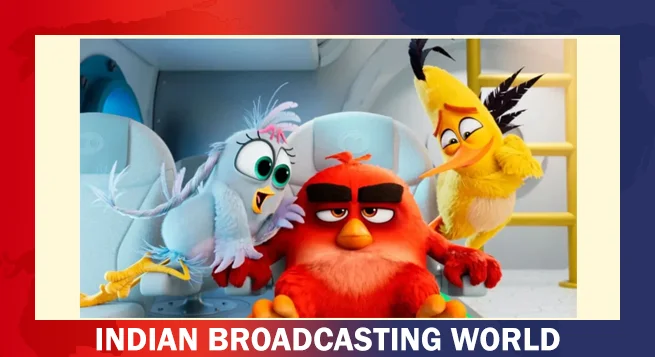 ‘The Angry Birds Movie 3’ to release Jan 2027
‘The Angry Birds Movie 3’ to release Jan 2027 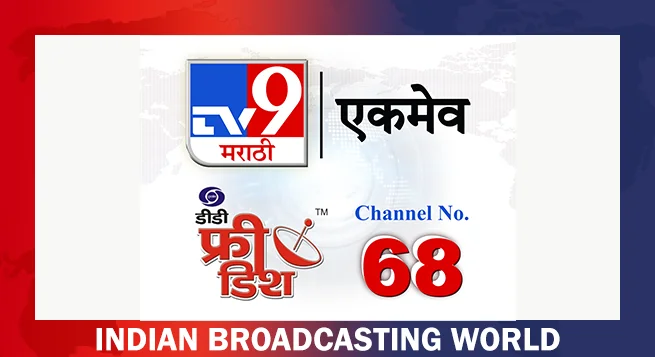 TV9 Marathi first Marathi news channel on DD FreeDish
TV9 Marathi first Marathi news channel on DD FreeDish 


